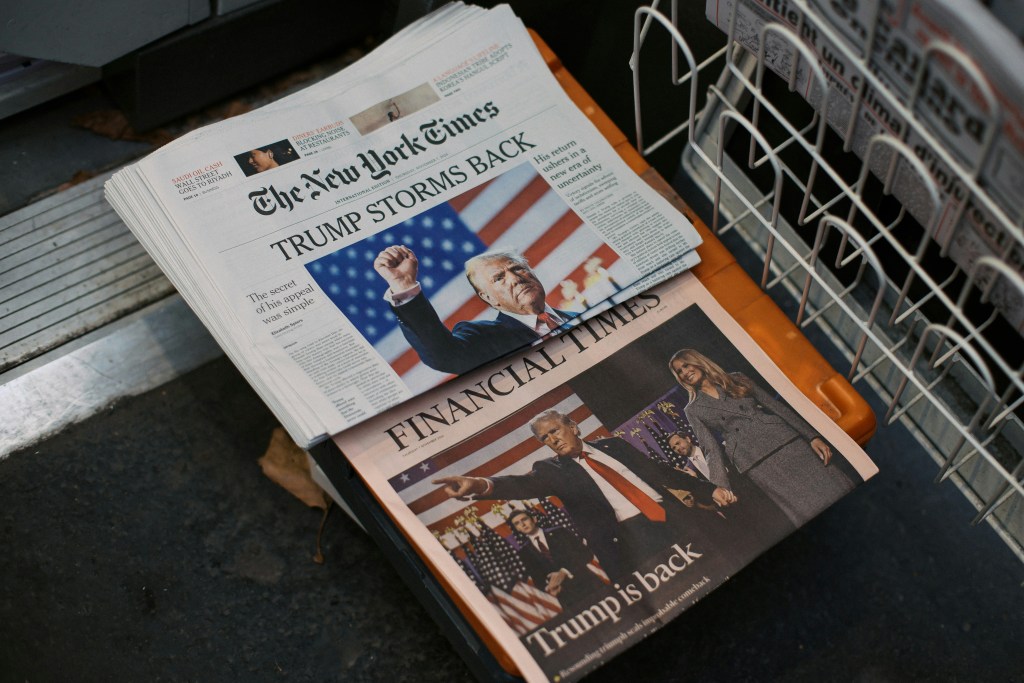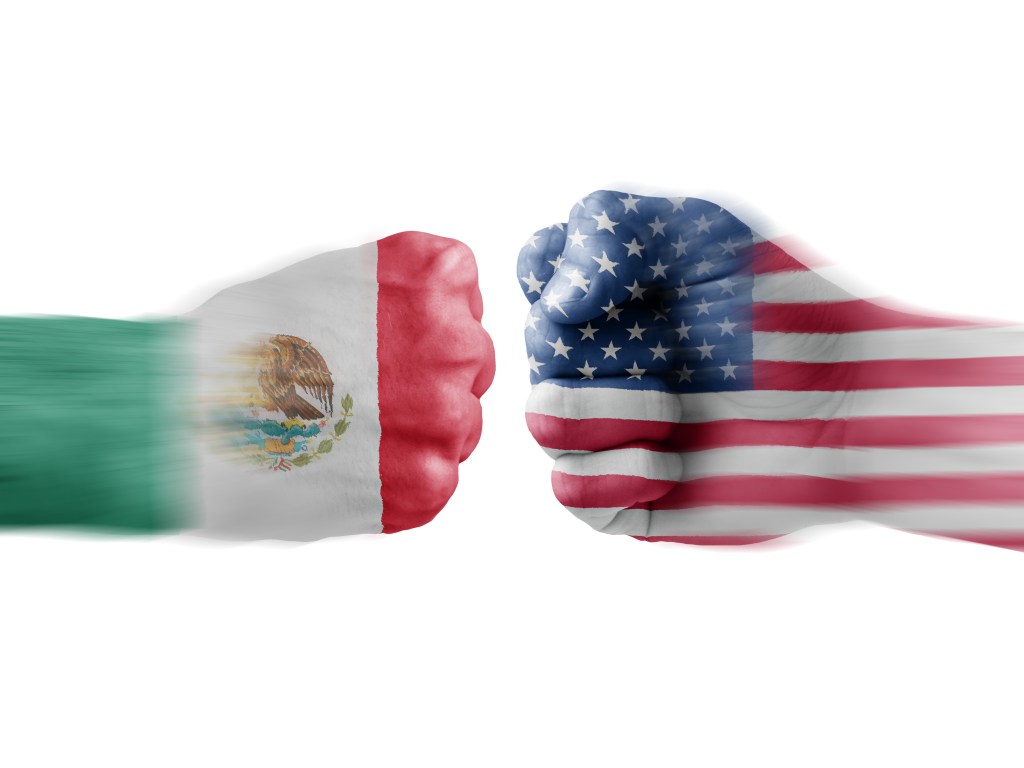
Luis Rubio
On Monday, Donald Trump will be inaugurated as President of the United States. He was elected in compliance with all the requirements imposed by his country’s law. He obtained an absolute majority not only in the Electoral College but also in the popular vote. No one in his country disputes the legitimacy of his triumph (although not all are pleased with it); thus it is that we Mexicans must respect the decision of the American electorate, understand the rationality of the result, and act so that this critical bilateral relationship can be as good as possible.

We Mexicans must identify and accept the vital nature of the bilateral relationship and apply ourselves to ensuring that Mexico’s national interests are preserved. The latter does not imply that Trump will be a conventional president or that what happens during his term of office will be easy or unfettered by consequences.

Everyone has observed how the next U.S. president will conduct himself, the aggressiveness of his agenda, and the popularity accompanying him. In contrast with his first four-year presidential term, this time, Trump arrives at the presidency emboldened, with clarity of purpose, experience concerning what he wants to accomplish, and, more importantly, with a clear popular mandate, precisely in the matters that concern Mexico: migration, drugs and organized crime, in addition to China. Any expectation that he will moderate his agenda or style is unrealistic and irresponsible.

In addition to what the person of the President wants to and is thinking of advancing, it is crucial to entertain an understanding of the changes that the U.S. society has been undergoing, the circumstances that the U.S. has been living through, and that lie in the heart of the overwhelming electoral result. It appears evident that Trump 2.0 comes in concert with a broad popular mandate, the product of a series of crises inherent in his society that favored him as a candidate. Certainly, Trump did not create those crises, but those crises explain the result of this election and will dominate the agenda of the government to be inaugurated.

These crises can be denominated in diverse ways, but they include a variety of elements that affect significant segments of the electorate and that, taken together, explain the electoral results. Some of these crises are generic, others specific, but they coalesced in last November’s election. Among the key factors, one finds the addiction crisis, especially that of fentanyl, whose lethality led to hundreds of thousands of deaths. Next is that of political polarization, which many conceive of as a crisis of values and/or beliefs, but that, in its essence, constitutes a dispute even of language (political correctness) that has summarily divided the country into “red” (Republican) and “blue” (Democrat) states; in close proximity to the latter is the crisis of the discourse of the progressives, whose manner of acting in matters of gender, abortion and sexual transition gave rise to a profound abyss in the heart of the society. The economic inequality that many attribute to the free trade agreements that the U.S. has signed with other nations (especially Mexico) and to which, together with migration, many attribute the rise in unemployment above all in the Midwest. And, finally, a governance crisis in the sense that an important part of the electorate feels that it is not represented by those in government nor by its legislators.

None of these issues are new or especially limited to the U.S. Still, the sum of these led to the point that a disruptive candidate could have benefited, even without necessarily comprehending this before or now.

The combination of these circumstances and the personality of the about-to-be-sworn-in President has created a context propitious for a great political and cultural transformation of U.S. society. Some authors* have for years now likened this transformation to what occurred with Andrew Jackson at the beginning of the XIX century, Lincoln at that mid-century, Roosevelt at the start of the thirties, and Reagan in the eighties. In that reading, U.S. society is experiencing a far-reaching cultural revolution that will have consequences not only for its own country but for the entire world.

In theory, Mexico has two options in the face of a new U.S. government. One is to pretend that nothing has changed and cling to what exists, supposing (or hoping) that, as a sovereign nation, it entertains all the options of the world. This pathway would lead Mexico into a crisis because it would risk the viability of the principal growth engine of our economy and could even attract the ire of the people in the U.S., with what that can imply.

The alternative would be to actively advocate for the matters that are of vital interest to Mexico, attend to the seabed of the problems that the U.S. citizenry (correctly) attribute to Mexico as the cause of the problems that affect them, and collaborate with them in the solution of the problems bilateral in character or in those that, although they are theirs, have obvious and profound links with Mexico.

Many years ago, a Mexican governor commented to me that, on taking possession of his post, he had to decide whether to fight the narcos or join them, but that “he could not play dumb.” The same applies to the country today: the notion that Mexico could remain on the periphery of what is taking place in the U.S. and that with that attitude, we can avoid being the victims of their acts is not only infantile but unduly irresponsible.

* For example, George Friedman “ The Storm Before the Calm”
@lrubiof
Further Reading:
